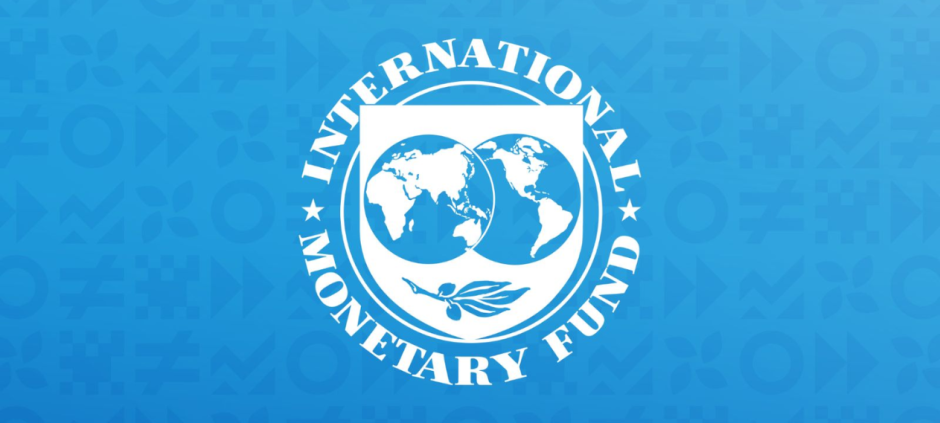The International Monetary Fund (IMF) has decided to send a mission to Pakistan next week, four months ahead of its planned schedule, to assess Pakistan’s performance on its $7 billion bailout package. This early review comes after Pakistan’s mixed success in meeting the conditions set out in the agreement.
The early arrival of the IMF mission highlights the significance of the program for both IMF management and its board members. It also provides an opportunity to reevaluate targets that, according to Pakistani authorities, may have already become outdated just a month after the loan’s approval. The mission will be led by IMF Pakistan Mission Chief Nathan Porter, who will oversee a review of the progress made in implementing about 40 conditions tied to the bailout. The IMF’s visit will focus on evaluating performance during the July-September quarter.
Also Read: IMF’s Second Loan Tranche Endangered due to FBR’s Missed targets
Although the IMF usually conducts quarterly reviews, the new program calls for biannual assessments. Initially, the IMF staff report, following the $7 billion loan approval, set the first review date for March 15, 2025, with performance criteria for December 2024. However, this early mission will examine the outcomes of the July-September targets and the progress of the second quarter (October-December 2024).
The government’s response to the review has been divided. Some officials favor adjusting the targets, particularly those related to revenue, while others maintain that renegotiating with the IMF may be difficult, given the terms agreed upon during the loan approval. If the targets remain unchanged, sources suggest that Pakistan may need to introduce a mini-budget to address shortfalls from the first quarter and expected gaps in the second quarter. Alternatively, Pakistan could attempt to offset the tax shortfall by leveraging savings from reduced debt servicing costs, thanks to recent interest rate cuts.
Pakistan’s fiscal performance for the first quarter was mixed. While the State Bank of Pakistan (SBP) met its monetary targets and the finance ministry exceeded its budget surplus target, the Federal Board of Revenue (FBR) fell short of its revenue collection target. Provincial governments also struggled to meet their collective cash surplus goal due to overspending in Punjab. The finance ministry’s report highlighted a Rs182 billion shortfall (53%) in the provincial cash surplus target of Rs342 billion. Additionally, the FBR missed its target by nearly 99.99%, failing to collect Rs10 billion from traders in the first quarter. Over four months, the FBR collected Rs3.440 trillion, missing the target of Rs3.632 trillion, despite record-high taxes imposed this year.
Government officials have acknowledged the anticipated revenue shortfall, attributing it to discrepancies between target assumptions and actual results for the quarter. The provincial governments also missed the end-October deadline for legislating a 45% increase in agriculture tax rates. This failure reflects the ongoing challenges in coordinating between federal and provincial governments to fully implement IMF conditions. However, the finance ministry reported that Pakistan met IMF targets for the primary budget surplus and net revenue collection by the provinces, with the federal government achieving a primary surplus of Rs198 billion. Total surpluses reached Rs3 trillion, or 2.4% of GDP, largely due to booking the central bank’s annual profit in the first quarter.











